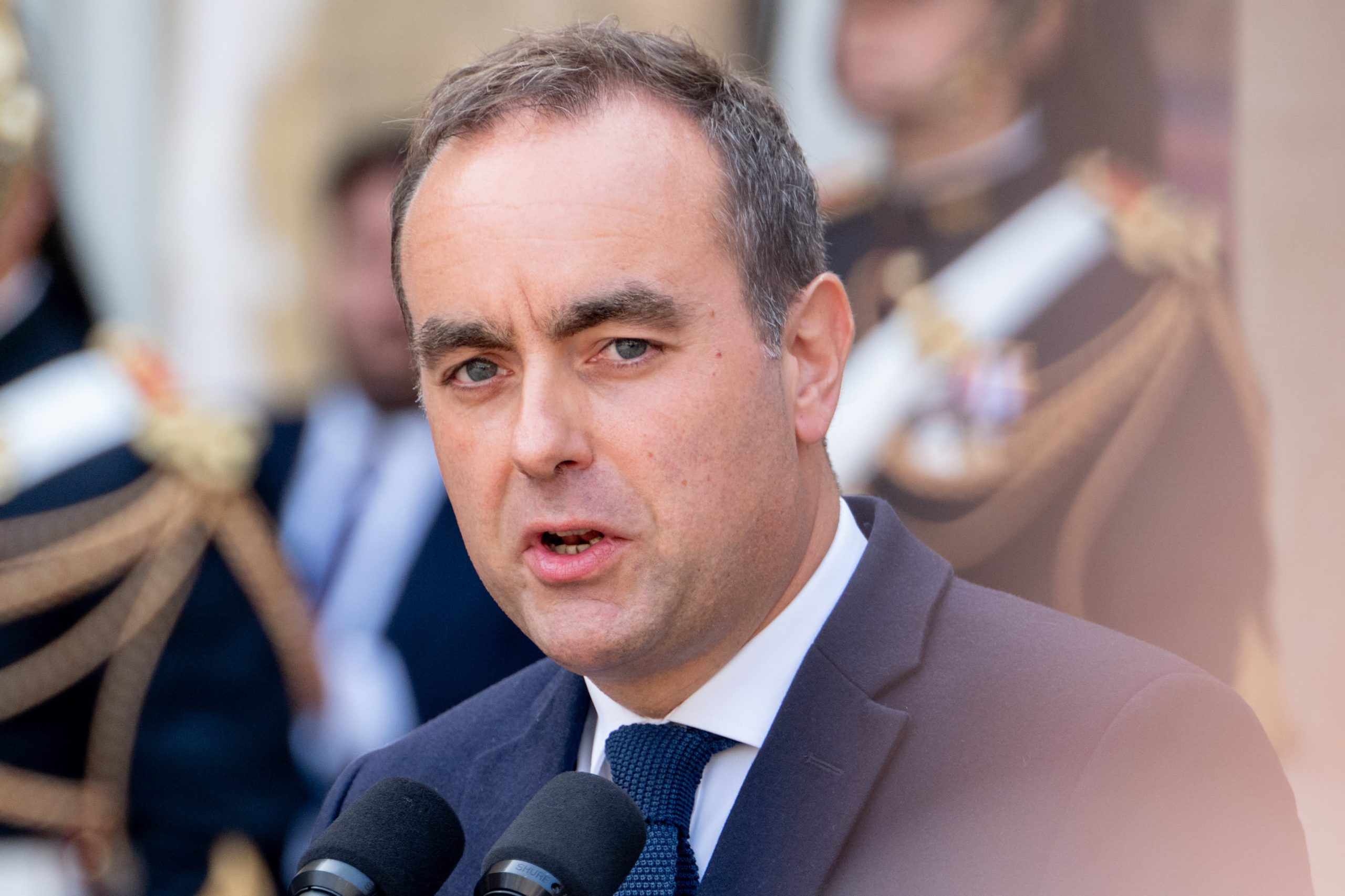France’s new Prime Minister Sebastien Lecornu has resigned just weeks after his appointment, plunging the country into a fresh political crisis.
Lecornu, France’s fifth PM in less than two years, quit just hours after naming a new cabinet on Sunday.
Speaking after the resignation, Lecornu said “each political party is behaving as if they have their own majority in parliament” and that the “conditions were not fulfilled” to stay in office, according to comments translated by France 24.
“I was ready to compromise, but each political party wanted the other political party to adopt its entire program,” he said in a speech in the courtyard of Matignon Palace, the PM’s headquarters, France 24 reported.
He now departs the role after just 27 days, making him the country’s shortest-serving prime minister with little to show for his time in office.
Budget blow
A former defense minister and longtime ally of French President Emmanuel Macron, Lecornu ultimately failed to unite a fractious and divided parliament enough to even hope to get a 2026 budget over the line.
With the prospect of a state budget being passed now in doubt, French markets reacted strongly to the news.
The yield on the 30-year government bond, or OAT, hit a one-month high of 4.441% before retreating slightly. The yield on the benchmark 10-year bond rose to a 10-day high of 3.5990%. While France’s CAC 40
Lecornu was installed in early September against a backdrop of public unrest and dissatisfaction over the messy state of French affairs, after several successive governments failed to pass budgets detailing spending cuts and tax rises.
The country needs to close a budget deficit of 5.8% in 2024, and address a significant debt pile that amounted to 113% of GDP in 2024. Both levels are far above EU rules demanding that individual members’ deficits should not exceed 3% of GDP, while their public debt should not surpass 60% of economic output.
France suffered a ratings downgrade by Fitch last month, with Moodys widely expected to follow suit at the end of October.
Will Macron resign?
Lecornu’s departure, while a surprise, comes as analysts said he and his minority government were likely to face a no-confidence motion brought by political rivals who have sought concessions from recent successive governments over the budget according to their respective (and opposing) ideological fiscal positions.
Political parties on both the left and right on Monday were scathing about Lecornu, Macron and the ongoing political chaos being overseen by the center-right.
The right-wing National Rally posted on social media platform X that “Macronism is dead on its feet,” saying the president had to choose to “dissolve parliament or resign, and quickly!”
Jean-Luc Melanchon of the far-left France Unbowed party went further, calling for Macron to be impeached. “Following the resignation of Sebastien Lecornu, we call for the immediate consideration of the motion tabled by 104 MPs for the impeachment of Emmanuel Macron,” Melenchon wrote on X.
There’s no doubt that this new political crisis which will put massive pressure on Macron, who has installed three failed minority governments since inconclusive parliament elections in mid-2024.
But John Plassard, partner and head of Investment Strategy at Cite-Gestion, told CNBC on Monday that the worst-case scenario for France’s financial markets would be a Macron resignation.
“I don’t think he wants to do that, but I think that would be the worst for the market because I don’t think the Socialists or even the far right in France wants to govern this country actually, they want to wait for a [new] election,” he told CNBC’s “Squawk Box Europe.”
Plassard said France was showing itself to be “ungovernable” with parties on all sides showing themselves unwilling to make crucial decisions and to deal with its problems.
The gap, or “spread,” between France and Germany’s 10-year bonds — a reflection of investors’ perception of their respective government debt — currently stands at 87 basis points. If the gap widened further it would be “something that is very dangerous for France,” Plassard noted.
International: Top News And Analysis
Read the full article <a href="Read More” target=”_blank”>here.


